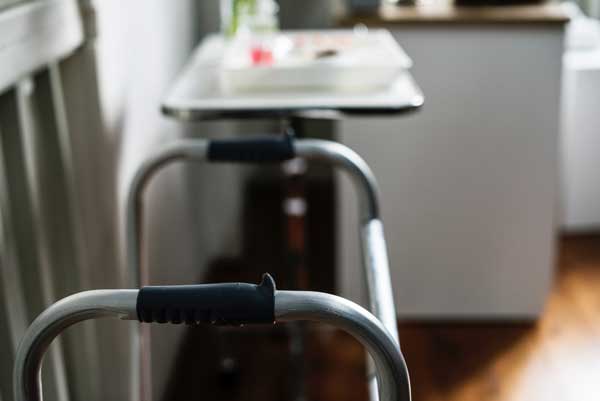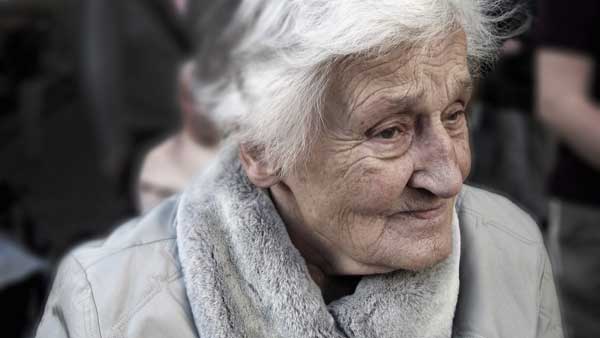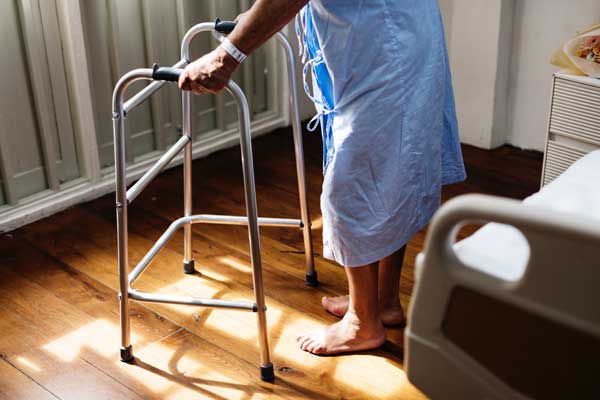Nursing home neglect or abuse is often dismissed by the general population because of the assumption that adults should be able to defend themselves against abuse or neglect from caregivers. However, this abuse and neglect is more widespread than previously thought.Illinois nursing homes have more cases of abuse than in any other state
There are over 100,000 elders in assisted living facilities and nursing homes across Illinois. Caretakers are required to undergo background checks and training. Despite this, Illinois nursing homes have more cases of abuse than in any other state in the country.
70% of Illinois nursing homes are for-profit facilities. A recent report in the journal Gerontology shows that residents receiving care in for-profit nursing homes are nearly 2 times as likely to experience health issues caused by substandard care.
Vulnerability Among Long-term Care Solutions
With age comes limited mobility and sometimes a general inability to take care of oneself. This leads many people to nursing homes, assisted living facilities, or even moving in with family. All transitions can put elders in vulnerable positions.
According to the National Council on Aging, mistreatment of the elderly is defined as:
“undertaking intentional actions that result in harm or risk of harm to an elderly person by a trusted person or caregiver of an elderly person. Mistreatment can be defined as acts of commission or acts of omission, which is the same thing as neglect.”
Seniors may face various types of abuse including physical, sexual, and emotional abuse, as well as confinement, financial exploitation, and willful deprivation.
Physical Abuse
Physical abuse is defined as using some sort of physical force on a person in order to cause bodily harm, impairment, or pain. This kind of abuse can involve beating a person with an object or with hands, hitting, pushing, biting, kicking, or burning, among other things. Physical abuse could also entail restraining the person, improperly using drugs on the person, or force-feeding.
If you are concerned about physical abuse against an elderly relative or friend, there are some signs to look out for. One of the biggest red flags is if the elderly person themselves reports being physically abused. Other signs of personal injury include:
-
-
Elderly in for-profit nursing homes are nearly 2X as likely to experience health issues
- broken bones
- fractures
- open wounds
- sprains
- bleeding
- unexplained bruising
- unexplained cuts
More subtle signs that nursing home resident might be experiencing abuse include broken eyeglasses, evidence of being given too much or too little medication, changes in their behavior, or anxiety about having visitors in one-on-one situations.
Sexual Abuse
Sexual abuse may be a concern independently or in tandem with physical abuse. This type of abuse is defined as any type of nonconsensual sexual contact between the elder and another person. This spans anywhere from unwanted touching to coercion to rape.
Some signs to look out for include unexplained sexually transmitted diseases or infections, genital bleeding, torn underwear, bruising on genitals or breasts, and, of course, elderly residents self-reporting their experience(s) of sexual abuse.

Emotional Abuse
Emotional abuse can be a lot more subtle and harder to look out for, but there are still signs. Emotional abuse is defined as “inflicting pain, anguish, or distress by verbal or nonverbal means.” This can include insulting, threatening, verbally assaulting, humiliating, or otherwise harassing the elder. Emotional abuse comes in other forms, like socially isolating the senior.
Signs of emotional abuse are a lot harder to spot than physical or sexual abuse, but there are still things to look out for. For instance, if the elder becomes withdrawn or otherwise disconnected, they could be experiencing emotional abuse. They also might be emotionally upset for reasons you might not be able to put a finger on, or they exhibit behavior that is similar to that of a dementia patient. Of course, the most important thing to look out for is if the elder themselves says they are experiencing emotional abuse.
Financial Abuse
Financial abuse is another common form of elderly abuse that may initially come across as just “doing what’s best” for the elder. Defined as “illegally or improperly using the elderly person’s assets or other property,” there are many examples of this form of nursing home neglect. From staff members directly stealing money or possessions from the elder to forging their signature or getting them to sign papers that they don’t fully understand, the abuser may also take advantage of the fact that they have power of attorney or legal guardianship over the elder to their financial benefit.
Luckily, signs of financial abuse are often easier to detect than signs of other types of abuse and neglect. Things to look out for include:
- large amounts of money being withdrawn from accounts
- attaching a caregiver’s name to the bank card
- forged signatures
- transferring money or other assets to strangers
- changing legal documents to financially benefit others
There are also other ways of indirectly financially abusing elders, like providing and charging for services that are not necessary, or providing care that does not meet the elder’s needs even when they can afford better care. As always, the most important thing to look out for is if the elder themselves is reporting financial abuse.
Elder Abandonment
Elder abandonment is exactly what it sounds like: when someone responsible for taking care of the elder deserts them in a public place, a nursing home or hospital, or somewhere similar. This is another form of abuse and neglect that is probably the easiest to look out for: if the elder has been deserted and is unable to take care of themselves, it is likely elder abandonment.

Nursing Home Neglect
The difference between abuse and neglect is about action. Abuse is more commonly understood as an active form of mistreatment, while neglect is more passive. Abuse is often pictured as hitting or yelling, while neglect is inaction as mistreatment. Nursing home neglect is when a caregiver fails to provide the necessary accommodations and care for the senior to live a healthy life. This can come in many forms, including simply failing to provide adequate medical care. Neglected elders may be refused water, food, clothing, shelter, medicine, or the ability to take care of their personal hygiene needs.
Neglectful actions to look out for include malnutrition and dehydration, as well as untreated bed sores or other untreated medical conditions. It is also neglectful to let the elderly person live in unsafe conditions, like a home with faulty or exposed wires, no running water, and no electricity.
What to Do If You Suspect Nursing Home Neglect
If you suspect that your loved one is being abused or neglected in a nursing home, let the head of the nursing home know right away, ask them to investigate and call you, and document it in writing. We then suggest the following:
- Make more frequent, unexpected visits
- Keep a close eye on the abused person
- Document and photograph any bruises, cuts or bedsores
- Follow up on your request with the head of the nursing home
- Document what you are told and other things you observe at the home
- Make a note of how the staff acts towards you
- Talk to your loved one and other residents about signs
Assure your loved one that it is OK to talk about what is happening, and take notes. The most important thing a family member can do is trust their loved ones when they report abuse, and keep their eyes out for warning signs.
When to Contact a Nursing Home Abuse Lawyer
When you trusted that a nursing home would take excellent care of your loved one, hoping it would prolong their life and offer a safer and better quality of life than you could provide. You never thought your loved one would suffer a premature death or wrongful death due to the abusive actions of nursing home employees or residents. When this happens it is devastating. If you know or suspect that your loved one’s death in a nursing home was due to the negligence of the nursing home, you may be able to receive compensation for your loss. To learn more, please call our nursing home abuse lawyers at (630) 684-2332 for a free consultation regarding your case.

